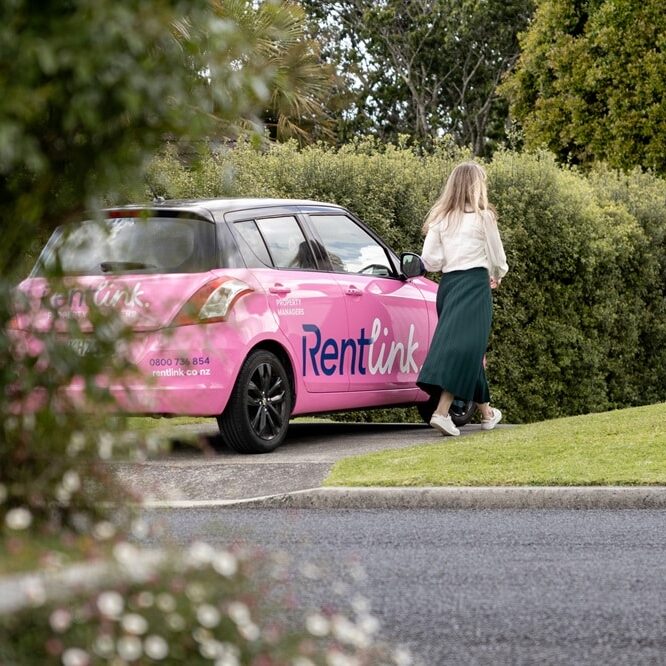6 Rentlink tips for a winning tenant application.
In a competitive rental market, tenants who miss out on securing a property often wonder what they could have done differently to secure the property they were applying for. Many factors come into play when a Property Manager or landlord is choosing tenants for their property. These tips could help you maximise your chances of being the standout tenant.
Tip:
Being prepared with supporting documentation
Alongside the application form, gather all the necessary supporting documentation in advance. These documents may include:
- Positive reference letters from previous landlords and testimonials from current employers.
- Pet references from past or current landlords, indicating the condition of the property upon vacating and disturbance levels during your stay.
- Digital copies of your driver's license and/or passport.
- If you are applying with other housemates or applicants, ensure they have their important documents prepared to avoid delays caused by missing documentation.
By being well-prepared with a comprehensive and error-free application, along with all the required supporting documents, you significantly enhance your chances of securing the desired property in competitive markets.
Tip:
Have your bond funds organised
When committing to a rental property, it's important to be prepared to provide a deposit or bond. Assuring the landlord that you have the necessary funds readily available and won't scramble at the last minute to arrange it showcases your ability to act swiftly and conveys your seriousness in securing the rental home. Having the money in your bank account, or ready to be transferred from another property, demonstrates your preparedness and commitment to the rental process.
Tip:
Unsuccessful? Get feedback
Discovering that you haven’t been chosen as the successful applicant for a property can be disheartening. It’s natural to feel inclined to withdraw and disconnect from the property manager. However, before taking that step, it's worth reaching out to them and requesting constructive feedback on why your application was declined. This conversation can lead to two positive outcomes:
Firstly, you’ll receive invaluable advice on how to enhance your application for future opportunities and increase your chances of success. This feedback will provide insights and guidance to optimize your approach.
Secondly, by engaging in this conversation, you establish a rapport with the property manager, showcasing your initiative and enterprise. This interaction demonstrates your positive attitude and can leave a lasting impression. Additionally, the property manager may remember you for future properties that become available.
Remember, maintaining open communication and seeking feedback can provide valuable insights for future endeavours, while also leaving a positive impression that may lead to future opportunities.

At the end of the day, you may do all the right things and still feel frustrated that you have missed out on your dream rental home. However, ensuring that you have your ducks in a row and tackling the process with a positive and methodical mindset places you in a much better position than most, to show that you are the best tenant for the property.

